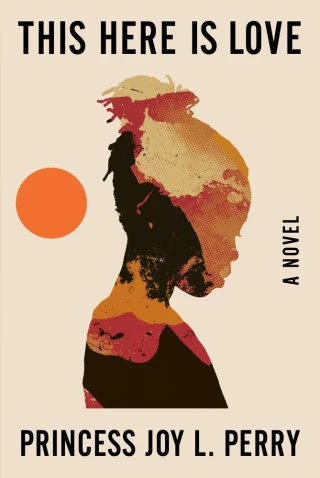When I began the research for this article, I was hoping to find two things: enough details to make tangible people out of the “twenty and odd Negroes,” as historical documents often refer to them, who were the first Africans to remain in the British colonies in 1619, and ample evidence of the widely held belief—which I also believed—that those Africans had been treated more like indentured servants than enslaved chattel.
Exploration led me to the wonderful document, “1619: Virginia’s First Africans,” prepared by Beth Austin, Registrar & Historian, of the Hampton History Museum in Hampton, Virginia.
According to the article, while there is a sliver of truth in the belief that those first Africans were treated like indentured servants—a few of them did toil their way to freedom—there is more longing and myth in this statement than anything else.
To begin with, those “twenty and odd Negroes” were most likely thirty or more, and they were a remnant of their original number, three hundred and fifty souls, almost half of which had already perished before their encounter with the English privateers of the White Lion and the Treasurer.
By the time those Africans arrived at Point Comfort in what would become the colony of Virginia, they had survived violent kidnapping by Portuguese colonizers and their African henchmen, the Imbangala, who seized them from the Kingdom of Ndongo in modern-day Angola, transport to the Portuguese Fortaleza de Sao Miguel, a wretched middle passage aboard the San Juan Bautista, and the sale of at least twenty-four of their children in Jamaica.
The Africans who waded into the brackish waters of Hampton Harbor, their very bodies traded as payment for “commodities” needed by the crews of the White Lion and the Treasurer, had already been baptized by blood and sorrow into the community of New World enslavement.
However, much of the legislation written in the decades after their arrival tells us there remained slim-chances, skin of the teeth opportunities, and loopholes to freedom and fellowship that had yet to be eradicated, obliterated, sealed-off. Because in the minds of some—not enough, and not just the enslaved—where we ended up, what we became, a country that determined humanity by one arbitrary trait, color, is not where we had to be.
In Virginia, the General Assembly set us upon this path with the 1662 law of Partus Sequitur Ventrum which states,
WHEREAS some doubts have arisen whether children got by any Englishman upon a negro woman should be slave or free, Be it therefore enacted and declared by this present grand assembly, that all children borne in this country shall be held bond or free only according to the condition of the mother, And that if any Christian shall commit fornication with a negro man or woman, he or she so offending shall pay double the fines imposed by the former act.
